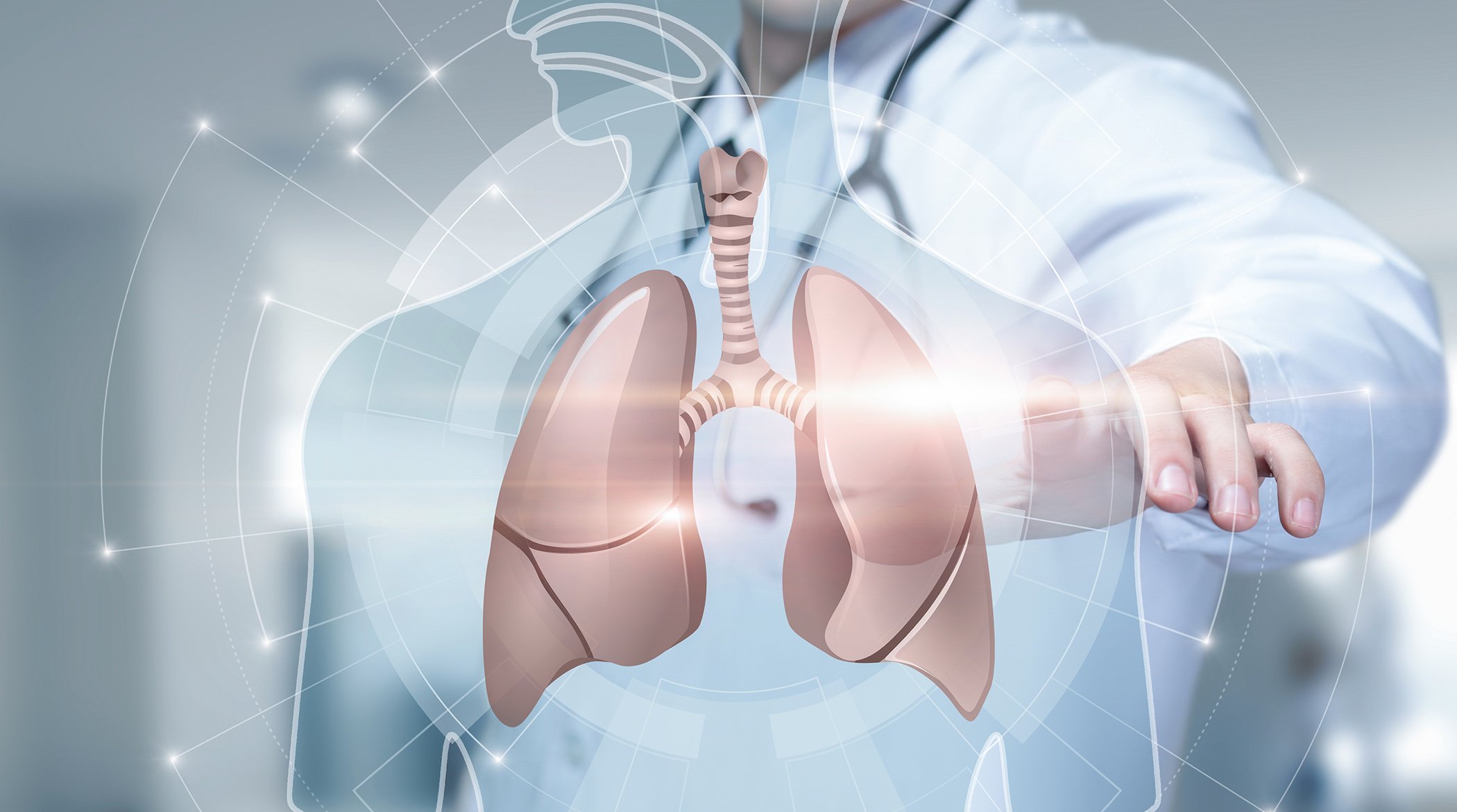COVID-19 vaccination recommendations focus on healthcare workers ( HCWs), as they are increasingly exposed to SARS-CoV-2 and play a crucial role in the functioning of healthcare systems. However, the evidence for recommending COVID-19 vaccination in the healthcare worker group is still insufficient.
In the European Union and the European Economic Area (EU/EEA), medical staff were designated as a priority target group for re-vaccination against COVID-19 in the fall of 2023. The World Health Organization (WHO) has recommended that healthcare workers be vaccinated again 12 months after the last dose. As the Omicron variant XBB.1.5 was prevalent in spring 2023, the COVID-19 vaccines were adapted to this emerging strain and the first XBB.1.5 vaccine was licensed for use in the EU/EEA in August 2023. Omicron BA.2.86/JN.1 then emerged at the end of 2023, according to available data from the European Respiratory Virus Surveillance Summary (ERVISS). Dr. Camelia Savulescu from EpiConcept, Paris, and colleagues conducted a prospective cohort study to measure the COVID-19 vaccine effectiveness (CVE) in HCWs in the 2023/24 winter season [1].
Healthcare workers from 13 hospitals in seven countries (Estonia, Ireland, Italy, Latvia, Portugal, Romania and Spain) provided nasopharyngeal or saliva samples at a weekly follow-up to detect new SARS-CoV-2 infections and completed a questionnaire to update their vaccination and exposure data. Subsequently, the previous vaccination in
- a) more than 365 days or not vaccinated before the vaccination campaign in fall 2023 and
- b) 90-365 days before the campaign in fall 2023
categorized. Next, the time since the current vaccination was selected into 7-59, 60-119 and ≥120 days.
The researchers measured the CVE of the fall 2023 vaccine dose and compared the currently vaccinated with the unvaccinated HCWs. In their secondary analyses, they measured CVE by time since previous vaccination, time since current vaccination, recent previous infection overall, and symptomatic status of SARS-CoV-2 infection, stratified before and after the onset of Omicron BA.2.86/JN.1 variant pre-dominant circulation. Using Cox regression, they calculated efficacy as follows:
- CVE = (1 – hazard ratio of the current vaccination) × 100.
The primary outcome of the study was the time to first SARS-CoV-2 infection detected by RT-PCR, regardless of symptoms. Secondary outcomes included symptomatic and asymptomatic COVID-19 in HCWs, depending on whether or not symptoms were reported 14 days before to 7 days after the first positive test.
COVID-19 vaccination in the fall reduced the risk of infection by 22
From October 2023 to May 2024, 1305 participants out of 1483 healthcare workers were included in the CVE analysis. Vaccinated HCWs were more likely to be older or work as physicians and less likely to be female or smoke.
244 SARS-CoV-2 infections were detected: 37 in vaccinated (1.03 per 1000 person-days of observation) and 207 in unvaccinated HCWs (1.7 per 1000 person-days). Of these infections, 128 (52%) were symptomatic. In addition, the cumulative incidence was lower in the vaccinated during the entire follow-up period, regardless of the outcome considered.
The overall adjusted CVE against SARS-CoV-2 infection was 22% (95% CI -17 to 58), with a CVE point estimate of 26% against asymptomatic infection and 17% against symptomatic infection, with overlapping confidence intervals. CVE point estimates were 33% in HCWs without recent previous infection and 23% in HCWs with previous vaccination >365 days. CVE was 49% (95% CI -8 to 76) before BA2.86/JN1 circulation began and was less than 0 during BA2.86/JN1 circulation, with higher CVE point estimates 7-59 days after vaccination. CVE point estimates were below 0 in HCWs with recent prior infection and vaccination 90-365 days before the fall dose and ≥120 days after vaccination.
These results showed an overall moderate to low CVE in HCWs against SARS-CoV-2 infection. However, the point estimates of CVE suggest higher protection of COVID-19 vaccines against XBB.1.5 sublines circulating before the onset of the predominant spread of Omicron BA.2.86/JN.1, the authors said. Point estimates of CVE were higher in HCWs with no recent SARS-CoV-2 infection, suggesting a higher benefit of vaccination in these HCWs. CVE point estimates were also higher with recent vaccination (<60 days), even during the prevalent circulation of BA2.86/JN1, when CVE fell below 0 at 60 days. According to Dr. Savulescu and colleagues, the zero CVE and wide confidence intervals in individuals with recent vaccination suggest that, in the scenario described, vaccination more frequently than annually does not provide additional protection against SARS-CoV-2 infection overall.
In addition, it was of particular importance for CVE studies in the 2023/24 season to separate the effect of time since the last vaccination from the effect of virus evolution. Since protection remains at a moderate level for about four months after vaccination and SARS-CoV-2 variants and subtypes are constantly emerging, efforts should be made to better predict immune evasion and take antigenic distance into account in CVE estimation, the authors said. In the meantime, it is still necessary to recommend frequent testing for healthcare workers who come into contact with suspected cases, in addition to vaccination. Increased use of protective equipment in contact with susceptible patients is also advisable, especially when new strains of the virus emerge.
Source: Savulescu C, et al: Effectiveness of the autumn 2023 COVID-19 vaccine dose in hospital-based healthcare workers: results of the VEBIS healthcare worker vaccine effectiveness cohort study, seven European countries, season 2023/24. Euro Surveill 2024; 29(44): 2400680.
InFo PNEUMOLOGY & ALLERGOLOGY 2024; 6(4): 20











